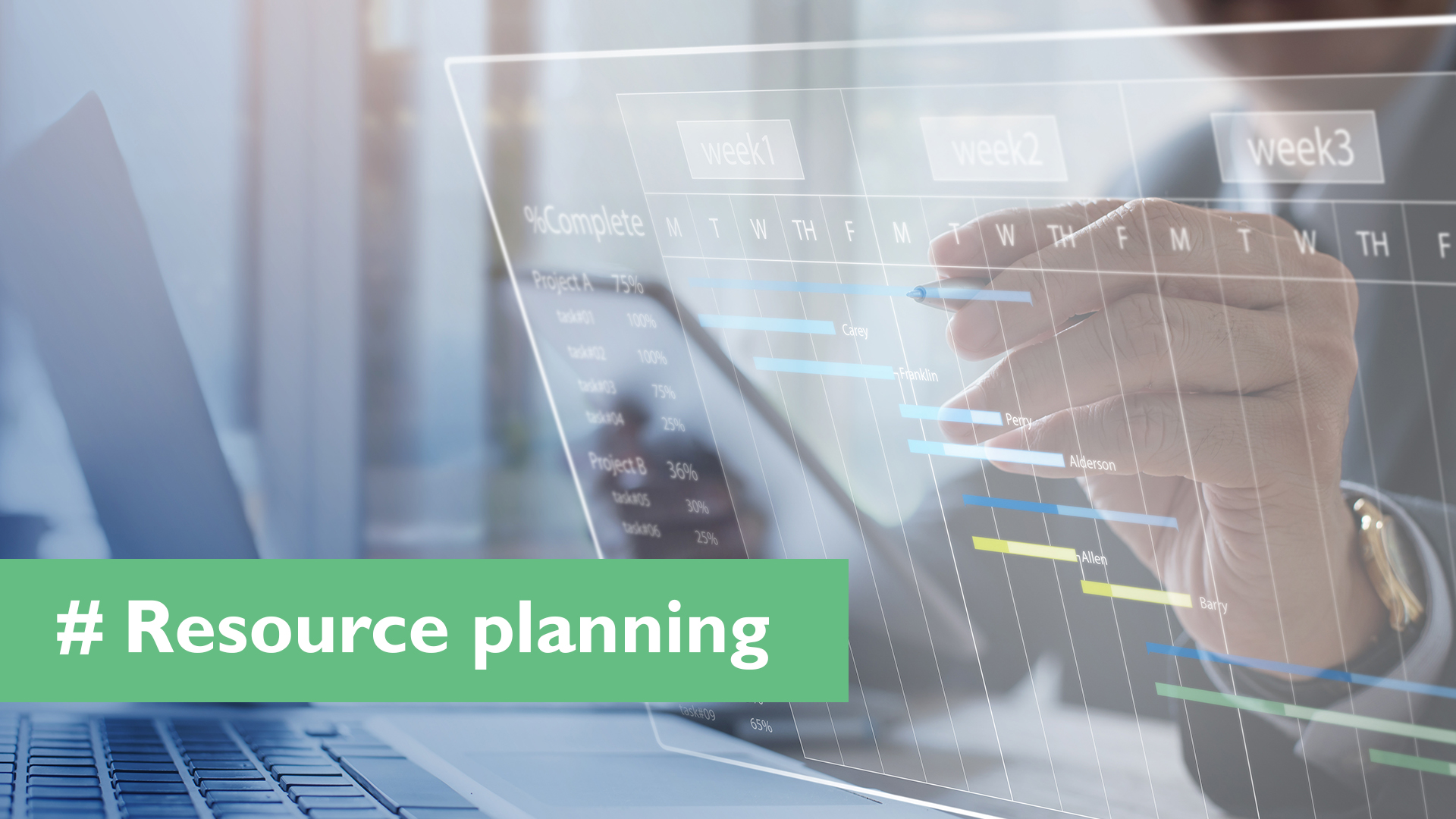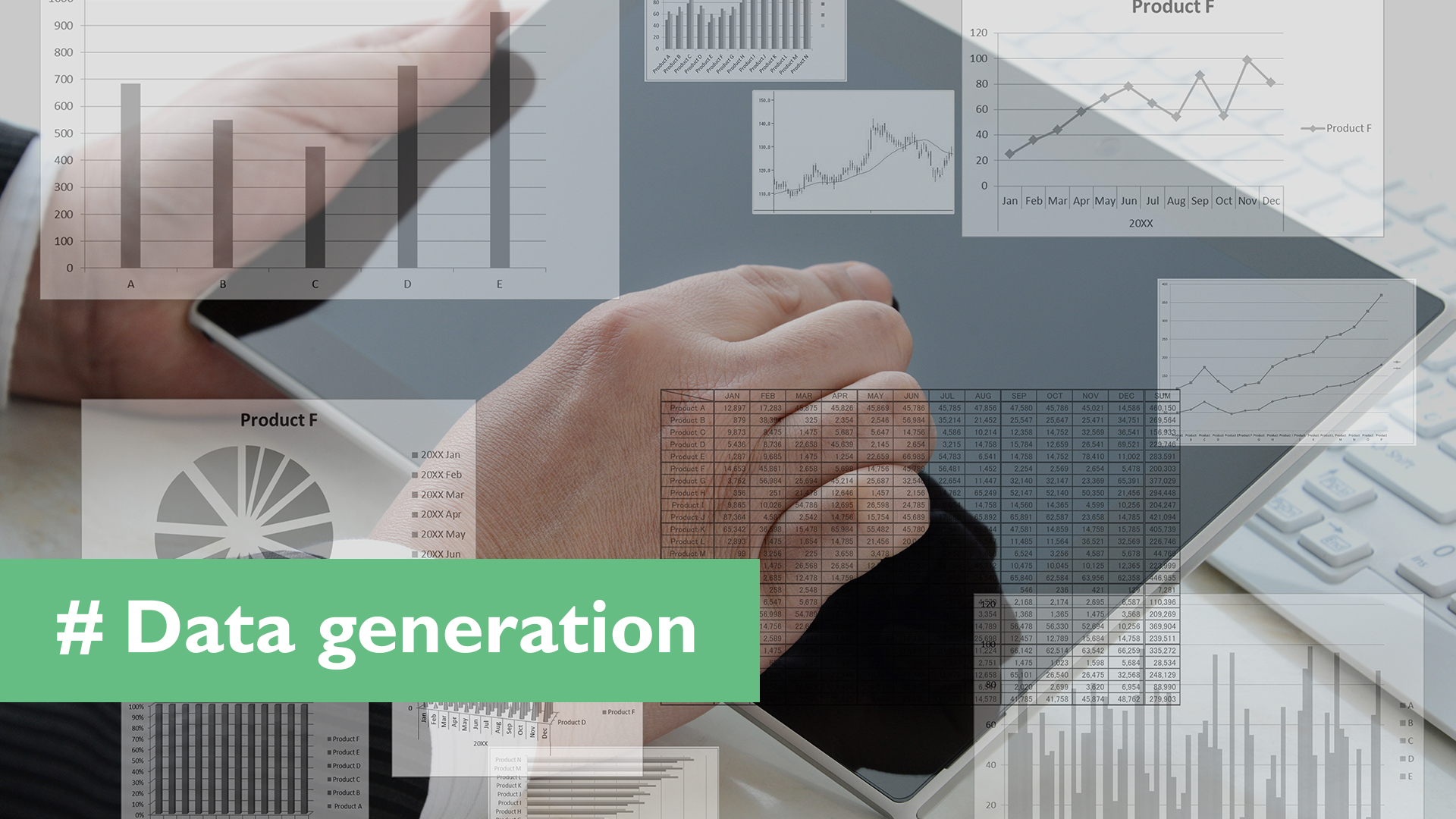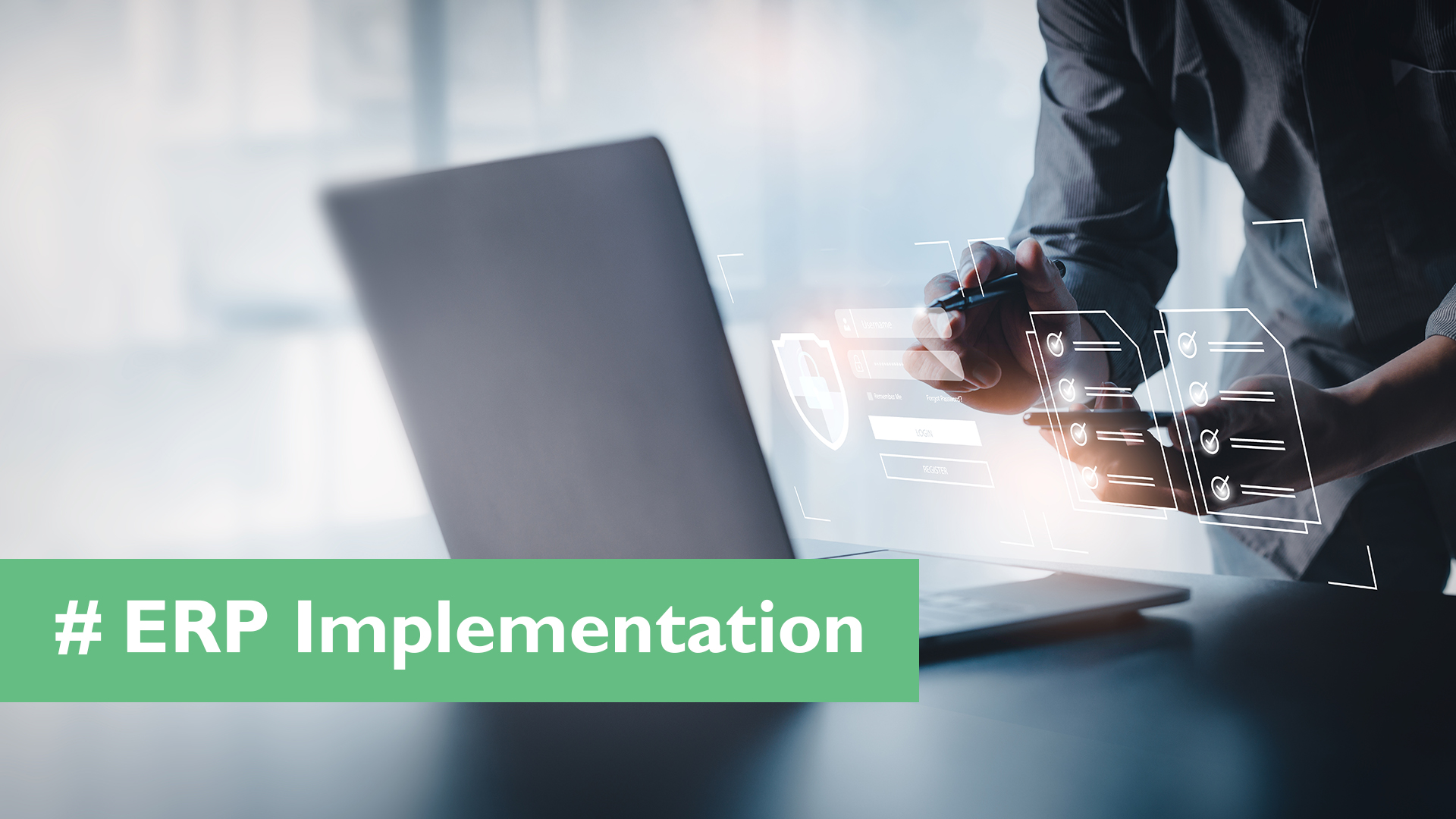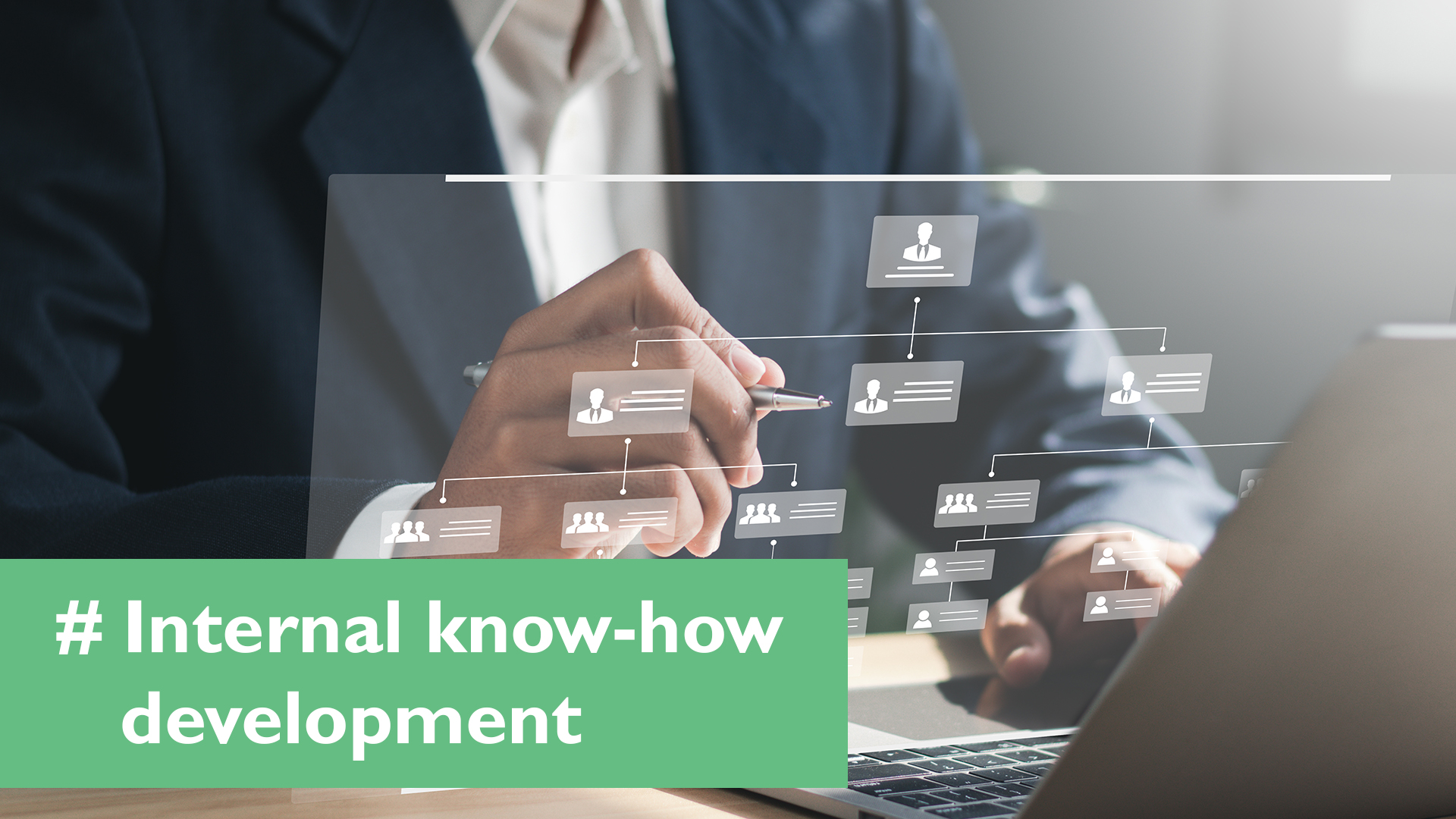In practice, there are many reasons for a company to convert its accounting to IFRS. These include the following events:
- Potential initial public offering (in Europe or the U.S.)
- International expansion
- International investors
- Acquisition by an international group
During many IFRS conversions of growing companies, some key factors have emerged that are crucial for project success and sustainable IFRS accounting:

The conversion of accounting to IFRS is a project that takes several months and requires both internal and (in the case of consulting support) external capacities.
For efficient project implementation it is crucial for the fast-growing company that it grants its employees sufficient freedom to tackle the relevant topics (if necessary with external support).
Especially in start-ups/grow-ups it is often the case that the relevant employees have to "manage" many projects at the same time in addition to the operative day-to-day business (e.g. ERP implementation, IFRS conversion, process adjustments, insourcing accounting, etc.).
Therefore, it is crucial to prioritize the individual projects and create the appropriate scope to make them all a success.
If it is possible, we recommend that the IFRS conversion is performed beside other major projects and the very busy times in accounting (e.g. parallel to the preparation of the annual and consolidated financial statements).
In some cases, however, this is not possible, e.g. due to a planned transaction, so that the project has to be performed while very busy times in the day-to-day and project business.
Our recommendation:
Create sufficient time for your employees to perform the IFRS conversion!

In the context of an IFRS conversion also two historical prior years must be converted.
For these periods, in addition to the primary statements (balance sheet, statement of comprehensive income, cash flow statement and statement of changes in equity) all the information required for the preparation of the more complex notes to the financial statements must also be determined.
In order to ensure the data determination for the historical periods is also successful for fast growing companies and that IFRS financial statements can also be prepared sustainably, it is crucial to also improve the underlying accounting processes.
Our recommendation:
Use the IFRS conversion to further optimize your accounting processes!

Many growing companies implement a new ERP system in a short time interval to the IFRS Conversion.
Since there are strong interactions between these two topics the two projects should be considered together to derive as many synergies as possible from them.
An important decision is e.g., whether IFRS will become the company's leading accounting standard in the future, in which the individual units will already record accounting issues in the ERP.
Alternatively, IFRS accounting can also be implemented through adjustments at group level (e.g. with a consolidation tool like LucaNet), while the local accounting standards of the individual units remain the leading accounting standards.
Further decisions need to be made e.g. regarding the implementation level of the IFRS chart of accounts (at group level vs. in the local ERP system).
Our recommendation:
When the implementation of a new ERP is planned also the future IFRS strategy should be considered!

While doing the GAAP conversion growing companies often do not have IFRS specialists or employees with corresponding previous experience in their staff.
In order not to be permanently dependent on external consulting, it is necessary for a company to start looking for employees with the relevant experience "in good time".
This becomes even more important in the context of the subsequent financial statements, since the IFRS financial statements must be prepared "sustainably" by the converted company. Based on our experience, it is timed perfect if at least one employee with appropriate previous experience is already available at the start of the IFRS conversion.
Since this employee is already familiar with the IFRS accounting requirements, this regularly speeds up the conversion process considerably (if necessary, in cooperation with external consultants) and thus saves both time and costs for the company.
Our recommendation:
Build up internal IFRS know-how (quite) early!
